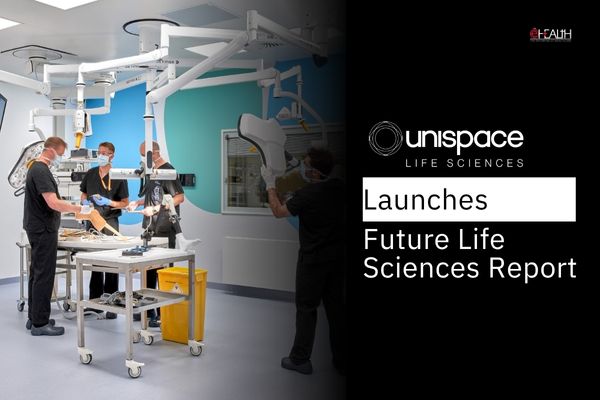
In a world-first initiative, the National Health Service (NHS) in England is set to trial an artificial intelligence (AI) tool capable of identifying individuals at risk of developing type 2 diabetes up to 13 years before the condition manifests. The pilot program, scheduled to commence in 2025, represents a significant leap forward in the early detection and prevention of this chronic disease.
Type 2 diabetes is a global health concern, affecting over 500 million people worldwide. Projections suggest that the number could rise to 1 billion by 2050. The condition is a major cause of blindness, kidney failure, heart attacks, strokes, and lower-limb amputations, often linked to factors such as obesity, inactivity, and family history. However, not all individuals with type 2 diabetes fall into these categories, making early detection even more critical.

The innovative AI tool, developed by a team led by Dr. Fu Siong Ng and Dr. Arunashis Sau at Imperial College London, uses electrocardiogram (ECG) data from routine heart scans to identify subtle changes in heart activity. These changes, undetectable to the human eye, are indicative of an increased risk of type 2 diabetes. The technology was trained on 1.2 million ECGs from hospital records and validated using data from the UK Biobank, which contains genetic and medical records of over 500,000 individuals.

By analyzing minute alterations in the timing, shape, and patterns of electrical waves in the heart, the tool can pinpoint early signs of diabetes-related effects on heart structure and function. It also identifies longer electrical activation times and disruptions in how the heart’s electrical signals reset. Impressively, the tool has demonstrated an accuracy rate of around 70% across various demographics, with accuracy improving further when combined with genetic and clinical data such as age and blood pressure.

The trial’s objective is to enable early intervention, empowering individuals to make lifestyle and dietary changes to potentially avoid developing type 2 diabetes altogether. “AI has great potential to transform care and lead to substantial health improvements,” said Dr. Libor Pastika, emphasizing the broader implications of this technology.

If successful, the AI tool could be rolled out across the NHS and beyond, setting a new standard for proactive and preventative healthcare. The initiative underscores the NHS’s commitment to leveraging advanced technologies to address pressing health challenges and improve patient outcomes globally.
Combating the Diabetes Epidemic in India
India, referred to as the diabetes capital of the world, faces a significant burden of type 2 diabetes, with an estimated 77 million adults currently living with the condition. This number is projected to rise sharply in the coming decades due to lifestyle changes, urbanization, and genetic predisposition. The introduction of the AI tool in India could revolutionize the approach to diabetes prevention and management in the country.
The tool’s ability to detect risk years in advance would enable healthcare providers to identify vulnerable populations and implement targeted interventions. By leveraging routine ECG data, which is relatively accessible in India, the technology can provide a cost-effective and scalable solution for early detection. This is particularly crucial in India’s diverse socio-economic landscape, where many individuals may not have access to regular comprehensive screenings.
Also Read: CORONA Remedies Pledges ₹25 Crore Towards CSR Initiatives in Celebration of 20th Anniversary
Early identification of at-risk individuals would pave the way for proactive measures, including lifestyle modifications, dietary adjustments, and community-level awareness programs. Furthermore, integrating this AI tool with existing health initiatives, such as the Ayushman Bharat scheme, could amplify its reach and impact, ensuring that underserved and rural populations benefit from cutting-edge healthcare advancements.
The adoption of this technology in India could also alleviate the economic burden associated with diabetes-related complications, which strain both individuals and the healthcare system. By preventing the onset of diabetes and its severe consequences, the AI tool has the potential to improve quality of life, enhance productivity, and contribute to a healthier population. This aligns with India’s broader goals of achieving universal health coverage and tackling non-communicable diseases effectively.
Be a part of Elets Collaborative Initiatives. Join Us for Upcoming Events and explore business opportunities. Like us on Facebook , connect with us on LinkedIn and follow us on Twitter , Instagram.
"Exciting news! Elets technomedia is now on WhatsApp Channels Subscribe today by clicking the link and stay updated with the latest insights!" Click here!
















